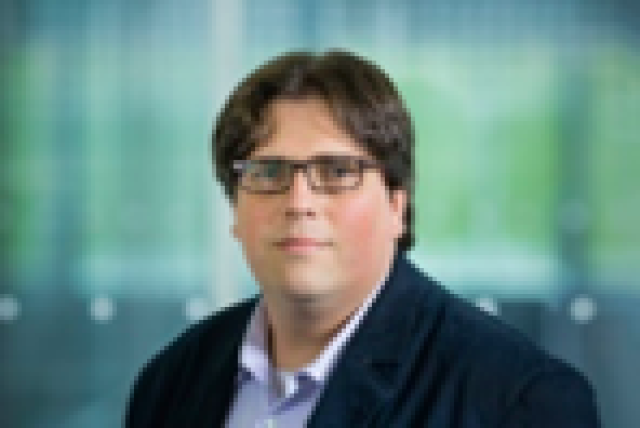Florian Pump1,2, Gianaurelio Cuniberti1,2
1 Chair Materials Science and Nanotechnology, TU Dresden.
2 Dresden Center for Computational Materials Science (DCMS), TU Dresden.
Abstract: Innovative materials are one of the key technologies for keeping products and industrial processes economically competitive and ecologically sustainable. Modern materials science requires a multi-discipline approach embracing chemistry, physics, engineering, as well as data science.
With more than active 2,000 researchers, possessing broad competences in all relevant materials classes and pioneering in modern and scale-bridging approaches, the network spanned by TU Dresden and numerous non-university institutions form a leading center of multidisciplinary materials research in Europe and worldwide. This is internationally recognized by being regularly listed in international subject rankings as the leading materials research location in Germany and among the top 5 sites in Europe.
Since 2012, TU Dresden has been one of 11 Universities of Excellence in Germany and strengthening research networks in the city and the region is a key element of its strategy. To foster the activities in the field of materials simulation and modelling, the Dresden Center for Computational Materials Science (DCMS) was founded. Bringing together over 75 scientists from TU Dresden, TU Chemnitz, Leipzig University, Freiberg University of Mining and Technology and more than 10 extramural research institutions from the Max Planck Society, the Fraunhofer Society, the Leibniz Association and the Helmholtz Association, DCMS creates a uniquely active and collaborative research network in research, teaching and culture.
Giving an overview of materials-related activities in Dresden and highlighting selected research activities in Computational Materials Science, this presentation will include prominent examples for the very active and excellent materials-related research in Dresden.

Studied physics at the University of Bayreuth and graduated in 2004 with a thesis on superconductivity in mesoscopic structures. After his graduation, he joined the group of Prof. Cuniberti (2004-2007 at the University of Regensburg, since 2007 at the Chair Materials Science and Nanotechnology at TU Dresden) as a scientific co-worker in the field of Materials Science, with a special focus on Molecular Electronics, Bioelectronics and Biomedical Applications of nanotechnology. Since 2009, he has been acting as Program Manager at the Chair, with a major role in the acquisition and project management of coordinated research grants for interdisciplinary and cooperative initiatives, and since 2013 he has been coordinator of the Dresden Center for Computational Materials Science (DCMS).
Email: florian.pump@tu-dresden.de